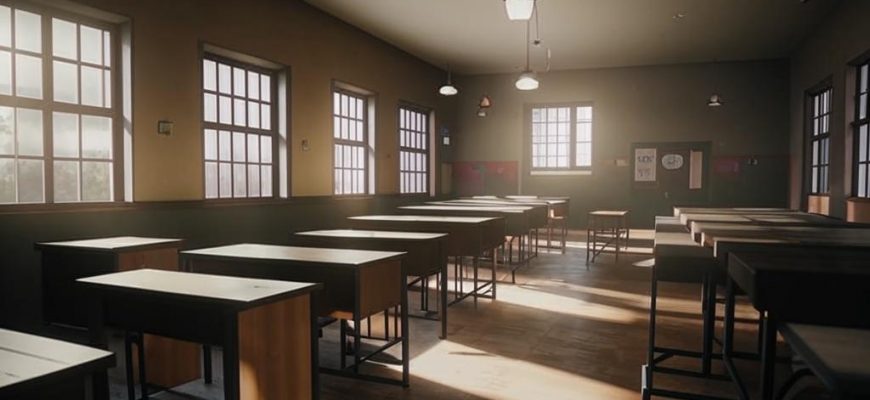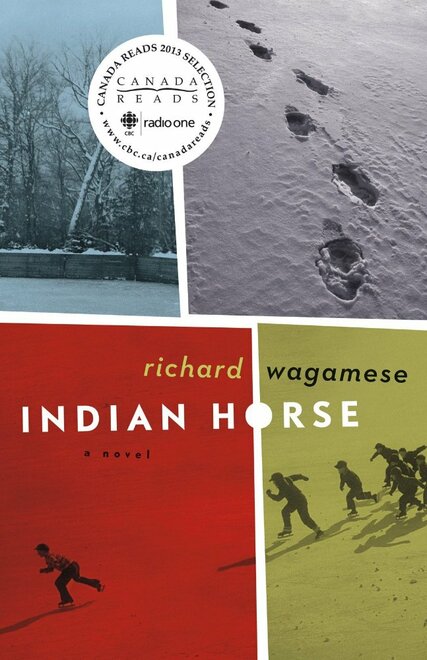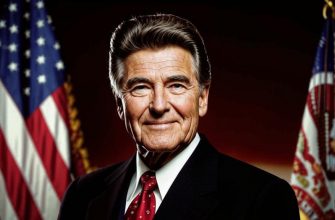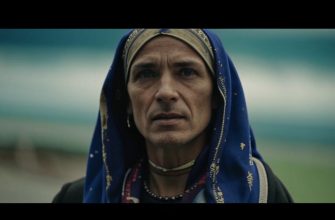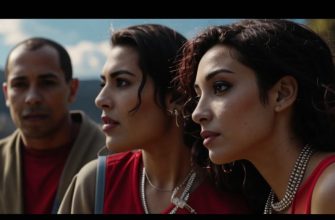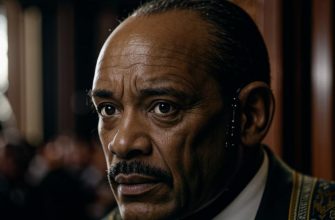“Indian Horse”, 2017
Director: Stephen S. Campanelli
This film, based on the novel by Richard Wagamese, follows the life of Saul Indian Horse, a First Nations boy in Canada. It chronicles his survival and resilience inside a Canadian residential school in the 1950s and his subsequent life struggling with the legacy of his past.
Starring: Sladen Peltier, Forrest Goodluck, Ajuawak Kapashesit, Michiel Huisman, Martin Donovan, Michael Murphy, Edna Manitowabi, Melanie McLaren, Johnny Issaluk, Skye Pelletier;
Production year: 2017;
Genre: drama;
Duration: 101 min.;
Rating: IMDB: 7,3;
“We Were Children”, 2012
Director: Tim Wolochatiuk

This Canadian documentary uses the poignant narratives of two survivors, Lyna Hart and Glen Anaquod, to explore the devastating impacts of the Canadian residential school system. Through their stories, the film offers a harrowing look at the abuse endured by Indigenous children and its lasting effects on survivors.
Starring: Rene Batson, Taya Ayotte Bourns, Alice Dano, Justin Ducharme, Darcy Fehr, Darren Felbel, Rebecca Gibson, Kristen Harris, Ashley Hirt, Robert Kostyra;
Production year: 2012;
Genre: drama;
Duration: 88 min.;
Rating: IMDB: 7,7;
More information about the film “We Were Children” on the website imdb.com
“The Education of Little Tree”, 1997
Director: Richard Friedenberg
Although not centered exclusively on a residential school, this film touches upon themes of Indigenous identity and assimilation through the story of a young boy of Cherokee descent being raised by his grandparents in the 1930s. The film delves into his experiences with prejudice and his connection to his cultural heritage.
Starring: James Cromwell, Tantoo Cardinal, Joseph Ashton, Mika Boorem, Christopher Heyerdahl, Christopher Fennell, Graham Greene, Leni Parker, Rebecca Dewey, Bill Rowat, Robert Daviau, Norris Domingue, Mark Jeffrey Miller, Gordon Masten, HoJo Rose, Tedd Dillon, James Rae, Alain Goulem, Griffith Brewer, Dawn Ford, Lisa Bronwyn Moore, Larry Day, Dean Hagopian, Jonathan Stark, Pauline Little, Peter Colver, Michel Perron, Victoria Barkoff, Karentiio Phillips, Pierre Boudreau, Richard Jutra, Jeff Jeffcoat, Rob Carpenter;
Production year: 1997;
Genre: drama;
MPAA rating: pg;
Duration: 116 min.;
Rating: IMDB: 7,1;
“Where the Spirit Lives”, 1989
Director: Bruce Pittman
This drama tells the story of a young Blackfoot girl and her brother who are kidnapped and sent to a residential school in Alberta, Canada. The film depicts their struggles with identity, loss of culture, and the harsh realities of life in the school.
Starring: Michelle St. John, Kim Bruisedhead Fox, Marianne Jones, Gus Chief Moon, Clayton Julian, Margaret Cozry, Marge Fox, Ron White, Ann-Marie MacDonald, Sean Mulcahy, Sam Malkin, Doris Petrie, Chapelle Jaffe, Tina Louise Bomberry, Barbara Wheeldon, John Friesen, Heather Hess, Cynthia Debassige, Franklin Doss, Darlene Shilling, Margaret Martina, Sarah Williams, Patricia Collins, Graham Greene, Rudy Medicine Crane, David Hemblen;
Production year: 1989;
Genre: drama;
Duration: 96 min.;
Rating: IMDB: 7,4;
“Rhymes for Young Ghouls”, 2013
Director: Jeff Barnaby

Set in the 1970s on the Red Crow Mi'gMaq reservation, this film centers on Aila, a teenage girl, and her plan to get revenge on the abusive Indian agent at her residential school. While it is a fictional revenge tale, it highlights the oppressive conditions of residential schools and their impact on Indigenous families and communities.
Starring: Devery Jacobs, Glen Gould, Brandon Oakes, Roseanne Supernault, Mark Antony Krupa, Cody Bird, Nathan Alexis, Kenneth D'Ailleboust, Kent McQuaid, Katherine Sorbey, Miika Bryce Whiskeyjack, Shako Mattawa Jacobs, Stewart Myiow, Louis Beauvais, Muin Gould, Sheamas Graham, Katie Bird Nolan, Tharonhianente Barnes, Keith Myiow, Arthur Holden, Dean Hagopian, Marcelo Padovani;
Production year: 2013;
Genre: drama, crime;
MPAA rating: r;
Duration: 88 min.;
Rating: IMDB: 6,5;
More information about the film “Rhymes for Young Ghouls” on the website imdb.com
These films are a small selection of works that address the topic of residential schools, reflecting on the painful history and its deep impacts through various lenses and narratives.
The legacy of residential schools is a complex and deeply emotional chapter of history that films on this subject have explored with a poignant blend of empathy, honesty, and courage. Through the lens of cinema, audiences are given a visceral insight into the trauma, resilience, and enduring spirit of those who survived and the communities affected by these institutions. Whether through narratives that delve into individual stories of loss and survival, or those that capture the broader social and cultural impacts, these films serve as crucial vehicles for education, reflection, and reconciliation. They challenge viewers to confront uncomfortable truths while also celebrating the strength and survival of Indigenous peoples. In doing so, films about residential schools not only contribute to the ongoing process of healing and understanding but also ensure that the stories of survivors and the memories of those lost are never forgotten. As we move forward, the importance of these cinematic works in fostering dialogue and empathy cannot be overstressed, making each film an invaluable piece of the broader mosaic of truth and reconciliation efforts worldwide.

